Getting to the Root of this Mom-Identity Problem
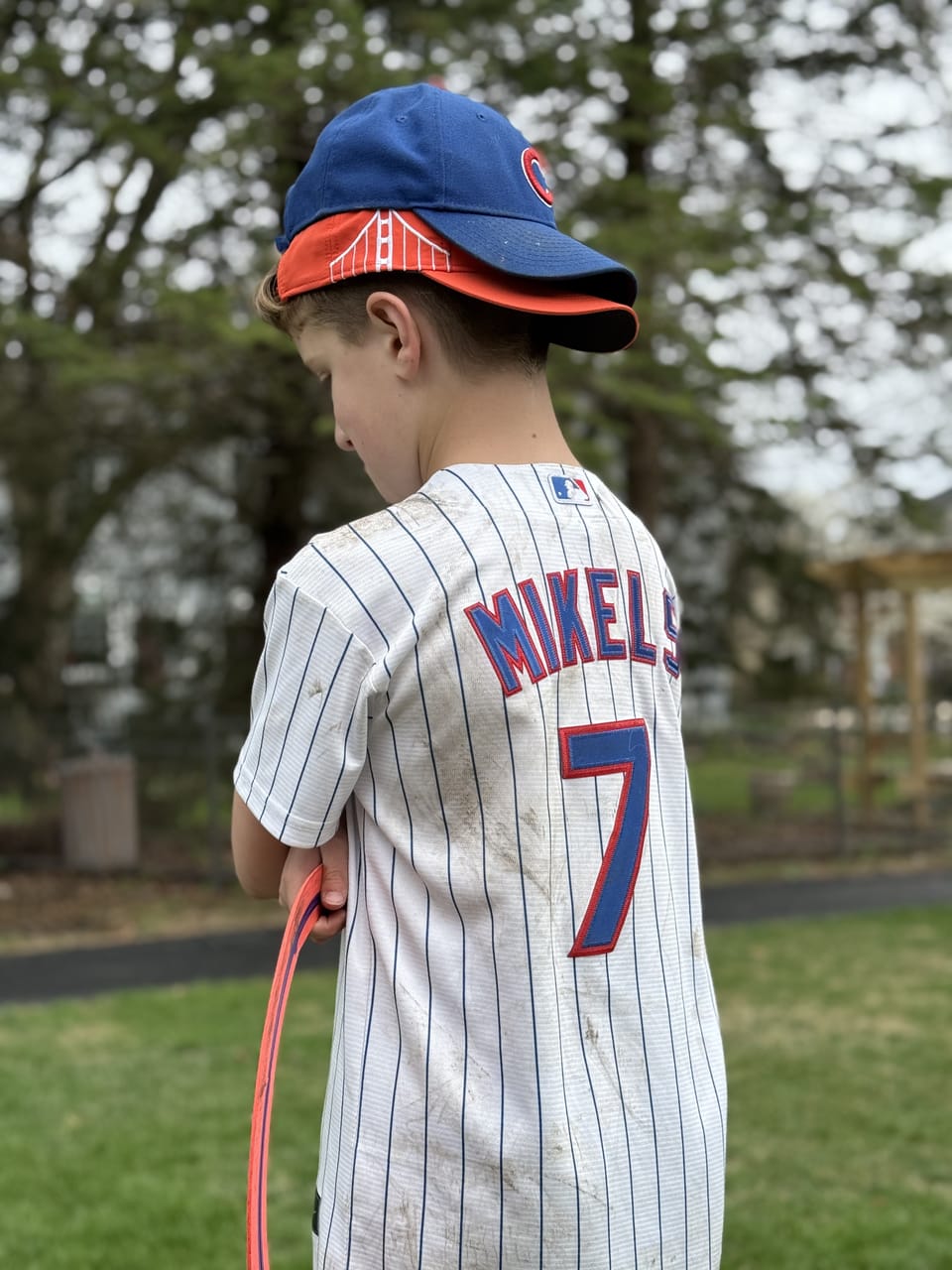
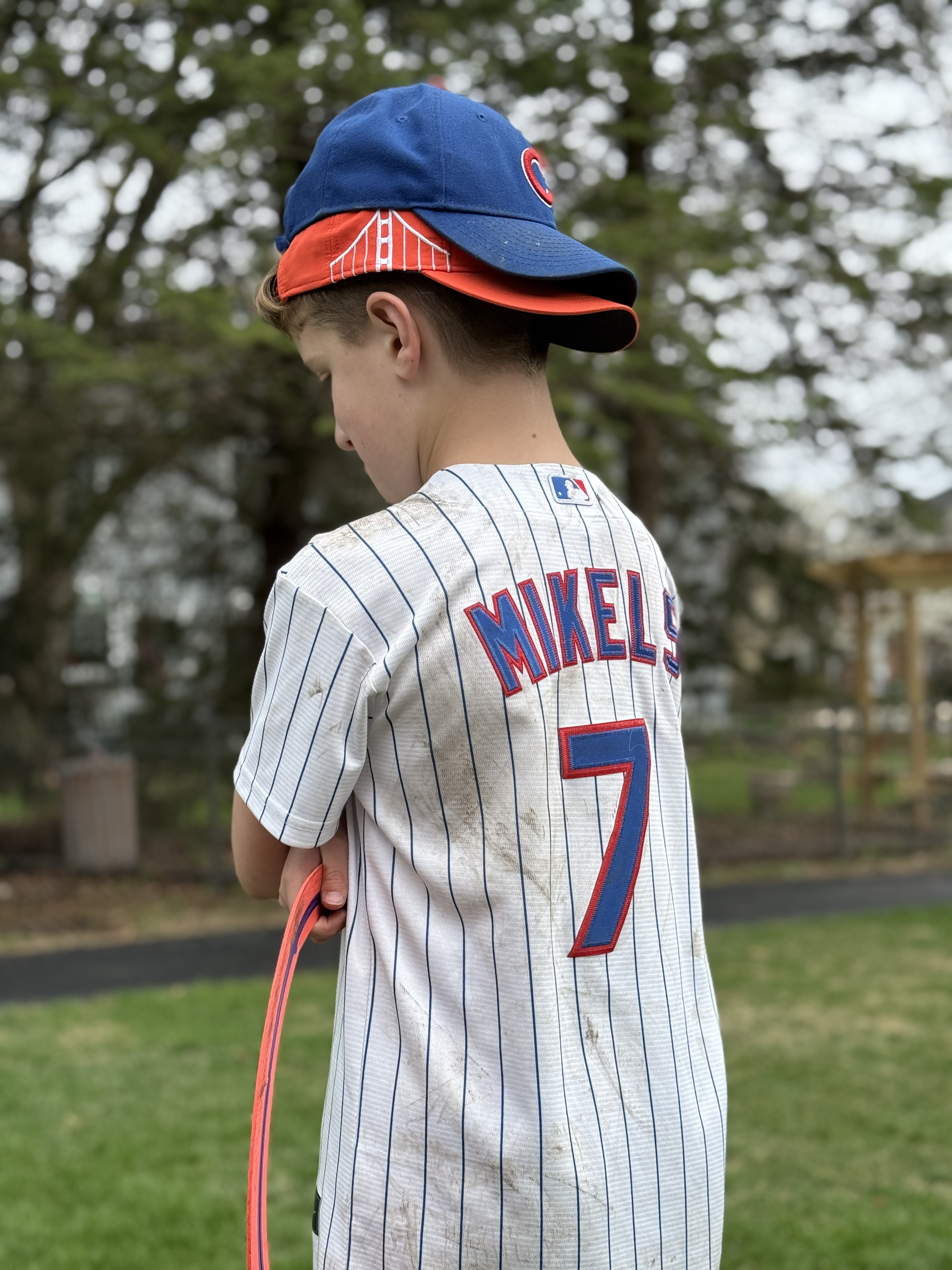
Ok, let’s be real. I’m not going to get to the root of this problem. The roots are too deep. The “Mom Identity” problem meanders through topics like patriarchal structures in society, latent and unexplored personal misogyny, stereotypes that were set long before I came around, and so on. These are important topics, studied and written about by impressive and interesting people, for example: here, here, here and here, among many others.
Maybe the increased volume of female stories will help move the needle. So what I can do is tell mine. The more we share our own experience, the more we understand, see similarities and differences, and reach common ground to move toward progress.
Some of the trouble with the Mom Identity transition was that my previous identifiers had much more to do with what I did rather than who I was. My identity was tied up in descriptors like “Athlete,” “Coach,” or “Cultivator of hobbies and interests” (no one called me that, but you get it). You may note, those are activities and not traits. There are assumed traits that go with the activities, like “person in good shape” or “person who is way too intense to hold a regular conversation” or even “person with a closet full of half-made crafts.” For me, it was the participation in the thing that gave me my sense of self. Maybe it was the escape these identities provided. These personas all required time and focus, the two main things I no longer felt I had once there were babies.
Being an athlete meant building my days around my workouts. The timing of when I woke up, ate, socialized, everything, was determined by when I planned on working out and at what intensity level. Some high-level athletes can still do this after having kids. I was not that high-level, so this was no longer possible once babies were in my life.
Coaching brought similar types of time issues. In order to do a good job as a coach, I wanted to spend as much time with my athletes as I could, answering questions, giving extra guidance and attention to these kids who were not technically mine, though I did love them in a way that teachers care for their students - like a not creepy way. They were great kids. But once I had my own kids at home, I felt torn between the team and the Mikels boys. There wasn’t enough of me to go around, or so it seemed. Something had to give, and I couldn’t make coaching fit in my life anymore.
The loss of those identity markers felt like a much bigger problem than the loss of an outlet. Part of who I was either no longer applied or was replaced by an identity that felt foisted upon me, one I didn’t really choose. I chose to have kids, of course, but I didn’t choose the stereotypes that go along with the “Mom” label or the built in assumptions that came with it.
Here’s the tricky part: I love being a mom. And I love my mom! The example she was and is, the person she is, all of it. For some reason, when I think of the Mom stereotype, my own mother exists outside of it, and what comes up instead is a faceless version of amalgamated Mommy bloggers, women born to cast judgment on others on the internet.
I don't want “Mom” to be my whole identity. I love my kids and think they are awesome little people. They challenge me and love me. They are equal parts difficult and soft. But I used to be awesome all on my own, without always being viewed in relation to other people. I want my worth to stand on its own, at least in how I feel about myself. Society, the world, a group of men who used to be faceless but are increasingly allowing their faces to be attached to this view, are insistent that women must be judged in relation to others - not in what they create but in how they, we, conform or perform.
My claim here is not that being a mom is unimportant. In fact, it’s become the most important thing that I do. There’s not a moment that goes by when I’m not aware of my role as my boys’ mom. As I write this, I have an ear open to the sound of them playing in the backyard. But the mom part of my identity is a ball hog. She tells the rest of the brain, all those other identities, that they are less important, that she’s the superstar. And society echoes this sentiment. Society, especially the right-leaning wing, loves to tell women that their Mom Identity is the only one that matters to the world. These patriarchal messages are meant to keep women from progressing, to keep women home and keep them, us, from upsetting the old order.
So it’s not the actual having children that I resist. Obviously - I have two. Even giving birth was a test of will and strength and character that I really loved, once I got over the pain of it. It’s all the baggage of the mom role subsuming all other personality traits that pisses me off.
It feels like there’s an expectation of perfection for moms. I recently read The Good Mother Myth by Nancy Reddy, in which she shows the flawed research our current mothering trends are based upon. Attachment theory, which essentially claims that children thrive best when they have nearly unfettered access to their biological mothers, was conducted by researchers with an agenda. They only studied children with their mothers, didn’t study fathers with children, and didn’t study children raised in a group-oriented setting. We, as mothers, are judged based upon the cleanliness of our homes, the behavior and intelligence of our children, our ability to plan everyone’s schedules and juggle multiple tasks, AND we can’t be too tired, frumpy-looking or out of shape. Who is a real-life human woman who can achieve this ideal? I am not her. And when everyone is trying to be her, it leaves little room for non-judgmental individuality.
Our individuality, our true strengths, are what we can rely on to be good moms. It’s what makes us interesting so our kids learn to look for their own interests. It’s what makes us fun so we can play with our kids and give them the kinds of attention and interaction they crave. Our individuality comes from our own life experience, which can be drawn upon to connect with our kids in unique ways. How freaking sad for our kids would it be if we only had one type of identity? As Erin Miller said in her brilliant post, “We Were People Before We Were Parents,” “If we want to be seen again, we have to start showing up—fully. Not just as parents but as people with lives, needs, interests, and voices.”
Growing up, I had pieces of identity, some that gave me confidence and some that didn’t. It was becoming a mom that helped unify my sense of purpose. My priorities came into focus. My separate pieces started to come together as a whole. I felt like a whole person for the first time in my life. But it didn’t happen right away. I had to sort it out and stop letting judgment of myself and judgment from others distract me from realizing I could be a complete person. I too could contain multitudes (as Whitman said in “Song of Myself”). I can’t be a perfect mom or perfect woman or the fabricated ideal woman from the Mommy blogs. But I can be the fullest version of myself, for the benefit of myself and everyone else around me.
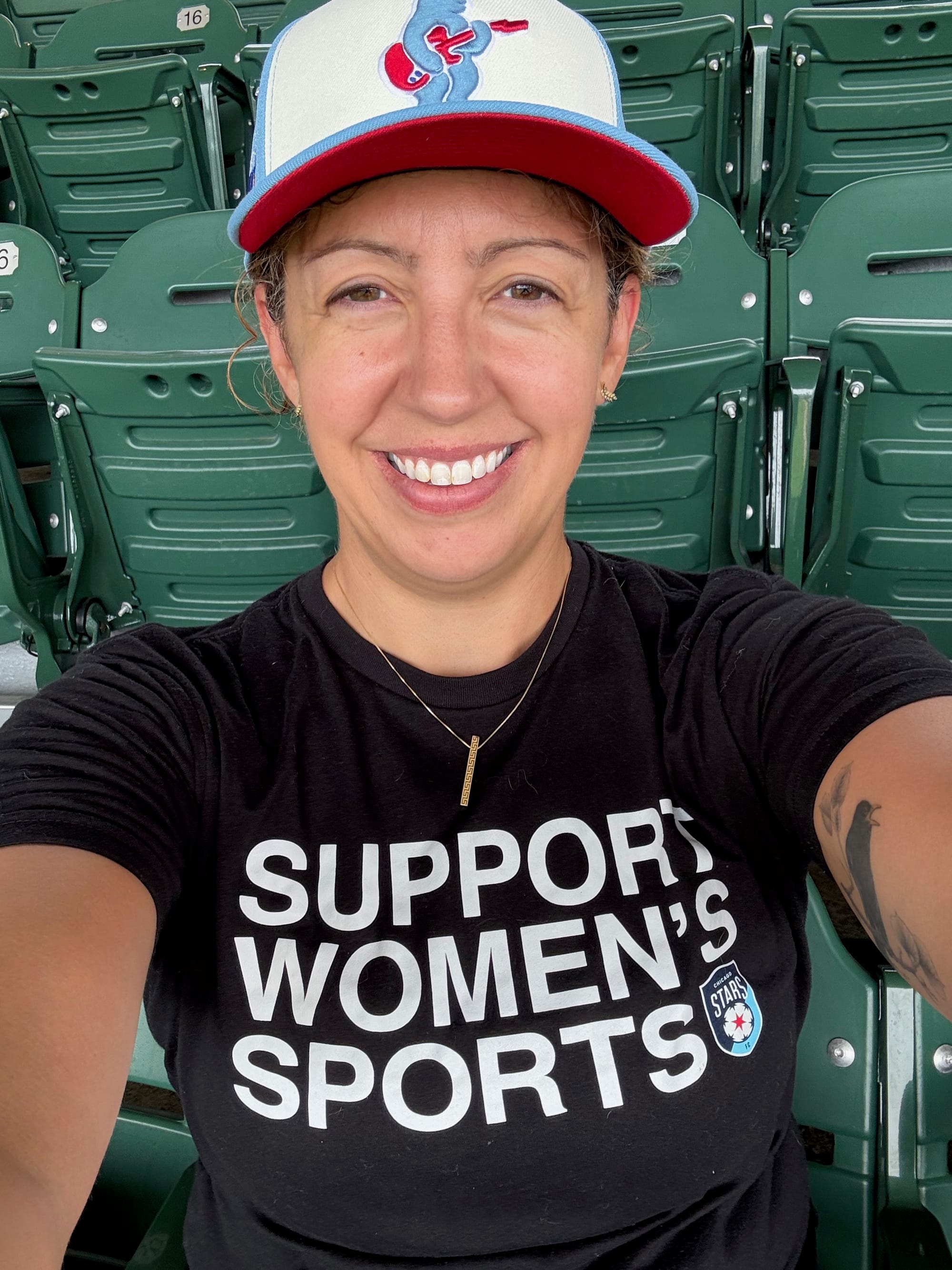
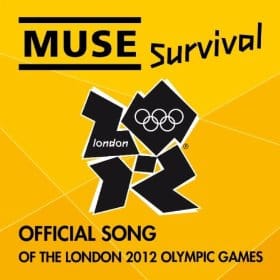
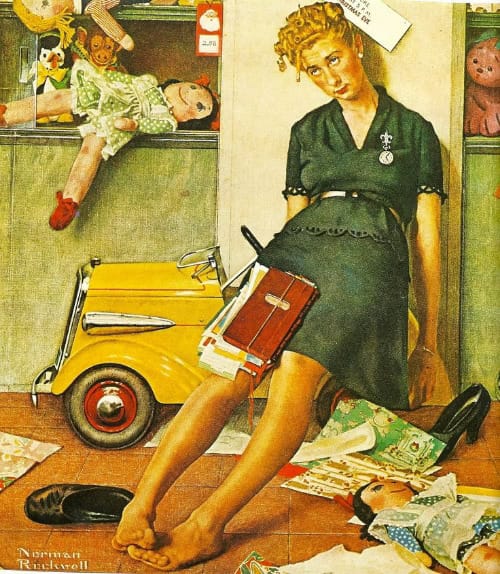
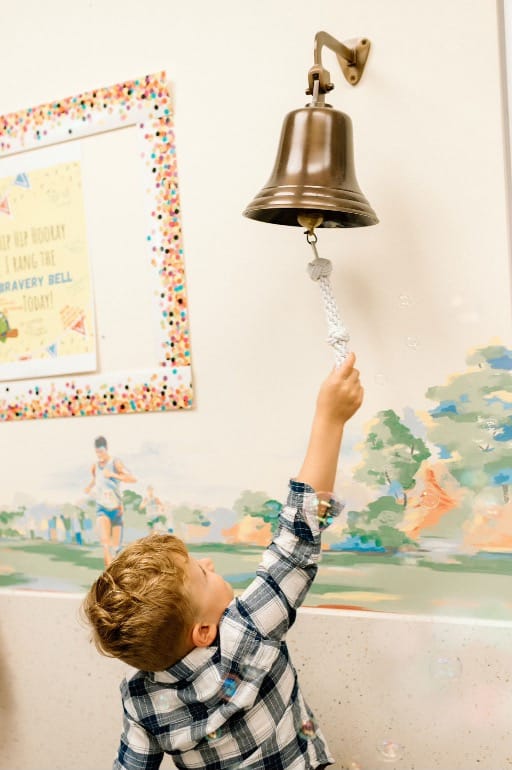
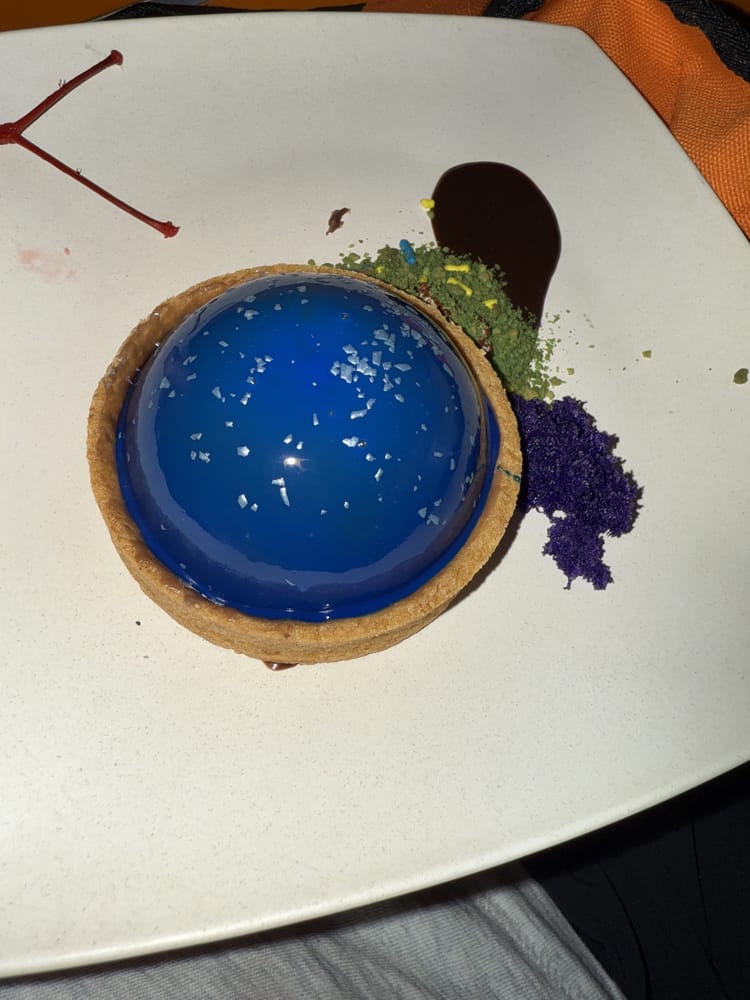
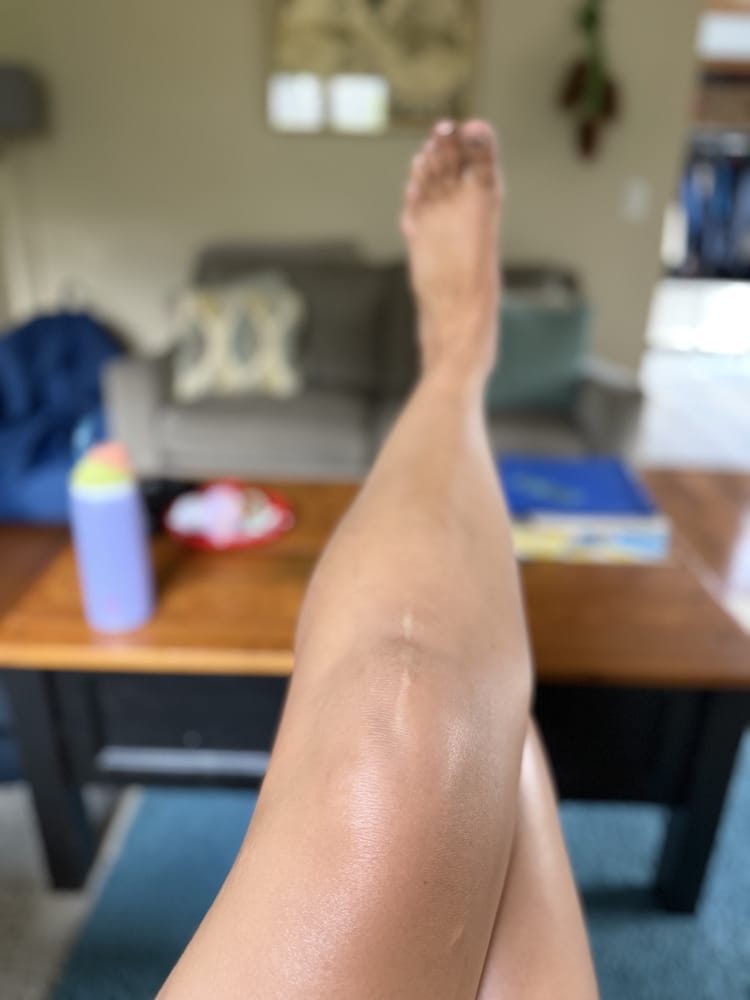
Member discussion